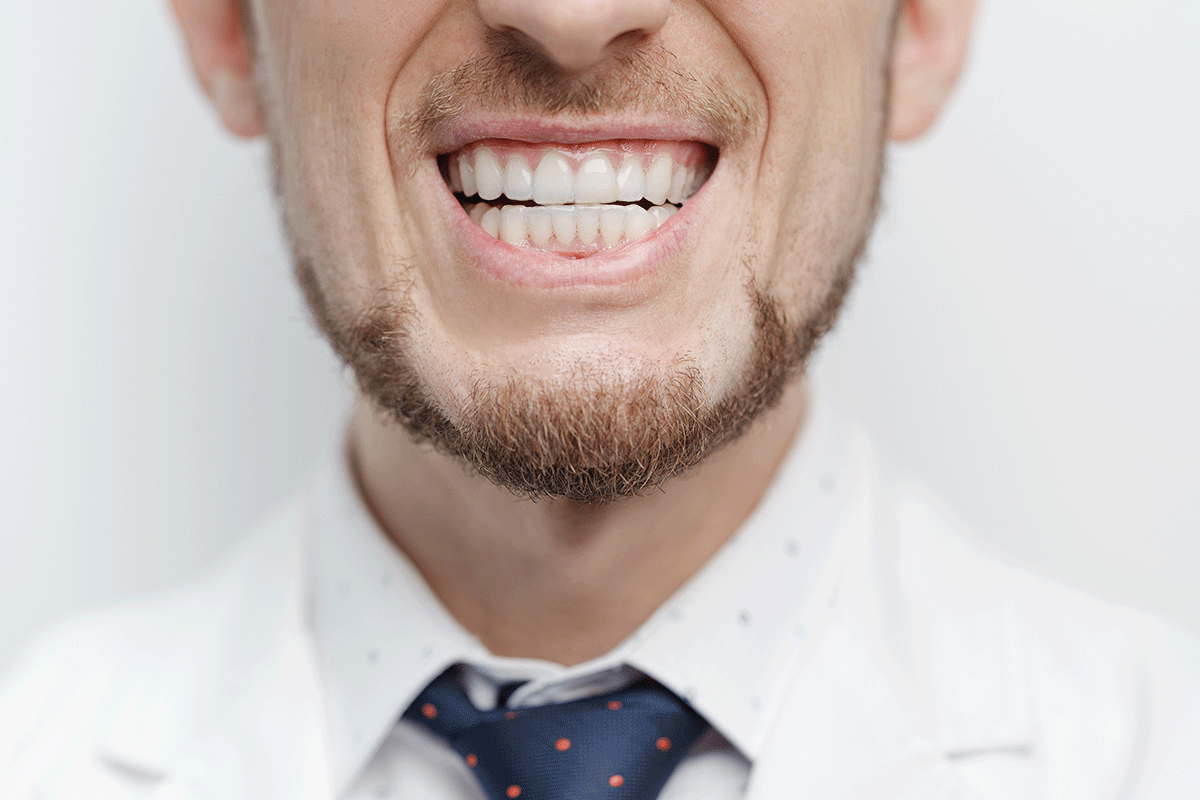Teeth grinding is a habit that can wreak havoc on your teeth. Also known by its scientific name, bruxism, teeth grinding often occurs when a person is anxious, angry, or restless. Whether you grind your teeth while awake or sleep, you damage your teeth.
Several risks associated with teeth grinding can be repaired through Supreme Dentistry’s
family dental services. To find out how our dental experts can help you with bruxism, call us today at
844.966.2333.
How Does Grinding Teeth in Your Sleep Affect You?
Teeth grinding in your sleep often go unnoticed. Your teeth can become cracked, brittle, and worn down over time due to the repetitive motion of grinding them together. Here are some effects of grinding your teeth:
Insomnia
Another risk associated with teeth grinding is insomnia. When you are awake and restless, it is not uncommon for you to grind your teeth. Teeth grinding develops into a habit that can seriously impact your sleep pattern as you will stay up all night. Not getting enough sleep leads to irritability and sleepiness during the day, contributing to added stress, more teeth grinding, and sleep difficulties.
Sore Jaw
Consistent and excessive teeth grinding can adversely affect a person’s jaw. Teeth grinding also causes soreness and pain in the gums and jaws. This pain can worsen, and many people often have to be examined by a dentist.
Earaches
Another common issue arising from clenching and grinding your teeth is earaches. Your teeth grinding can directly impact your ears, causing unnecessary pain in your ear canal.
Worn Teeth
One of the first signs of teeth grinding is worn teeth. Often, people don’t even realize they suffer from excessive teeth grinding.
Receding Gums
When you grind your teeth, it affects not only your teeth but also your gums. It is not uncommon for people who grind their teeth to have receding gums. Receding gums has serious repercussions, such as your teeth falling out.
Fractured Teeth
When you continuously grind your teeth, they can easily become fractured. Sometimes damaged tooth enamel does not immediately cause discomfort or even make you sensitive. However, it is still essential to get examined by a dentist. After all, a fractured tooth can ruin your teeth’ shape and change your mouth’s appearance.
How to Stop Teeth Grinding
If you are ready to stop grinding your teeth, here are some remedies:
Relaxation Techniques
If you are prone to grinding your teeth due to stress, it will help if you can practice relaxation techniques like deep breathing or meditation. These can help reduce your anxiety and lower the urge to grind your teeth.
Wear a Mouth Guard
A mouth guard is an inexpensive device that helps prevent damage from teeth grinding while you sleep. It is a plastic mouthpiece that, when worn, keeps your teeth from rubbing against each other.
Avoid Caffeine and Alcohol
Too much caffeine and alcohol can make you more prone to grinding your teeth. Try limiting the amount of these substances you consume to reduce your risk of grinding your teeth at night.
Talk to Your Dentist
Your dentist can help you identify the source of your teeth grinding and provide you with solutions and treatments to reduce or stop it.
At Supreme Dentistry, we understand how important it is for you to maintain good oral health. Our team of dental experts is here to help ensure that your teeth are as healthy as possible.
Should I Get a Mouth Guard for Grinding Teeth?
Mouth guards are one of the main treatments for teeth grinding. A mouth guard is a device that fits over your upper and lower teeth to prevent them from coming into contact with each other while you sleep. It also serves as a cushion so that if you do grind your teeth, the force of the impact is not concentrated on just one tooth but is spread out over the surface of the guard.
Some benefits of using a mouth guard can include:
- Reducing the risk of wear and tear to your teeth
- Decreasing discomfort or jaw pain associated with grinding
- Aiding in better sleep
Mouthguards can be custom-made and fit to your specific mouth shape and size, so you get an optimum fit that does not hinder your breathing. If you are considering getting a mouth guard for teeth grinding, it is important to consult with one of our experts first to ensure that it is the best treatment for your needs.
Learn More about Supreme Dentistry’s Solutions for Teeth Grinding
Teeth grinding is a common issue in many people who are trying to relieve stress. And while grinding your teeth might provide some relief, many risks are associated. At Supreme Dentistry, we provide many solutions to repair fractured or worn teeth due to teeth grinding. Contact us today at
844.966.2333 to learn more solutions to help you stop grinding your teeth.







